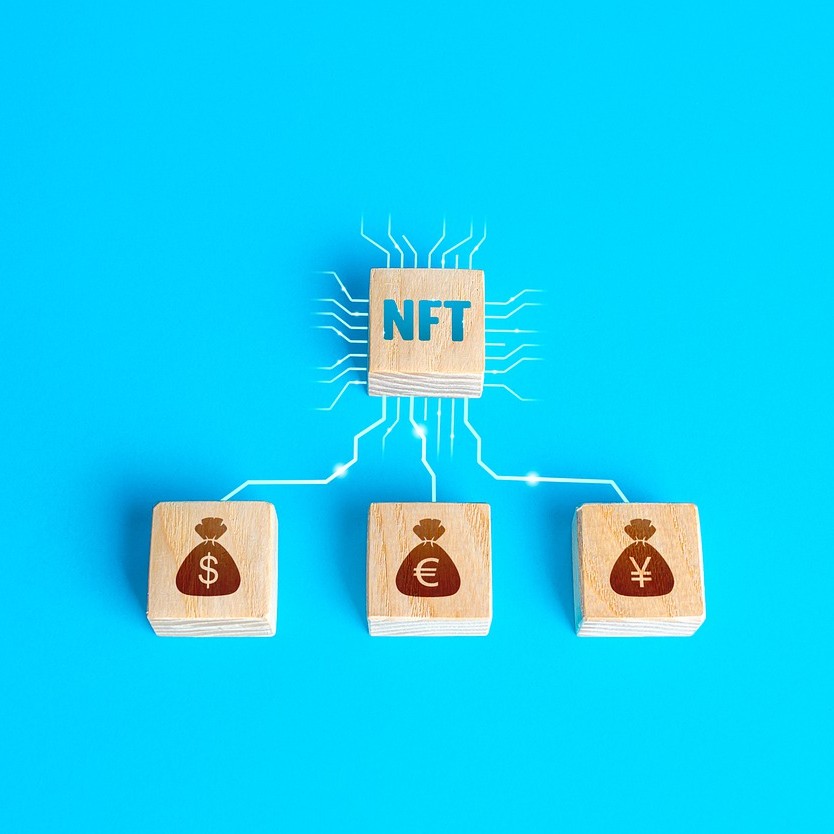Published:
As technology continues to advance at an exponential rate and becomes increasingly intertwined with our daily lives, it should be no surprise that non-fungible tokens (NFTs) are exploding in popularity and sales volumes. In fact, Global sales volumes of NFTs reached $10.7 billion in the third quarter of 2021, making an eightfold increase from the previous quarter. This magnitude of attention is eye-catching, to say the least, and it has businesses and individuals around the world taking action.
An NFT is a virtual asset that is typically represented by a form of digital art, like a photo or video. While a typical photo or video holds little to no value in itself, considering it can be copy-and-pasted or saved by anyone, owning an NFT can be extremely valuable because of its element of exclusivity. NFTs are typically created on Ethereum’s blockchain, meaning each individual NFT is unique and cannot be replicated. The blockchain also ensures ownership to those who own NFTs, as the digital ledger makes it possible to trace the history of prior ownership at any moment in time.
The first NFTs created date back to 2012, but knowledge of them remained largely sheltered until January of this year. Since then, countless NFTs have been auctioned off for millions of dollars, including Beeple’s digital artwork which sold for $69 million. This transaction, including a majority of activity in the NFT marketplace thus far, was U.S.-based, but this trend is likely to change.
Asian countries have expressed the most interest in NFTs, especially China. Interestingly enough, although many Chinese citizens are intrigued by NFTs, the marketplace is almost nonexistent because of the government’s recent anti-crypto regulation, which makes using the Ethereum blockchain illegal. Nevertheless, two Chinese tech giants, Alibaba and Tencent, are now selling NFTs to the public, thanks to their own semi-private blockchains. These blockchains have reportedly been in development since 2019 – A move that these two companies are surely proud to have made as they’re now able to meet demand for one of the hottest commodities.
NFTs are gaining traction in more unlikely places as well, such as India. In the past few months, some of India’s biggest celebrities have launched NFTs, including famous cricketer Dinesh Karthik.
The ubiquitous rise of NFTs has been quick and unpredictable. An NFT’s unique characteristics, including the utilization of blockchain technology, gives it the potential to become its own asset class. On the other hand, the technology will have to face many hurdles involving transaction costs, environmental costs, and intellectual property. At this moment in time, it’s difficult to predict the impact, or lack thereof, that NFTs will have on the global economy.
File under






